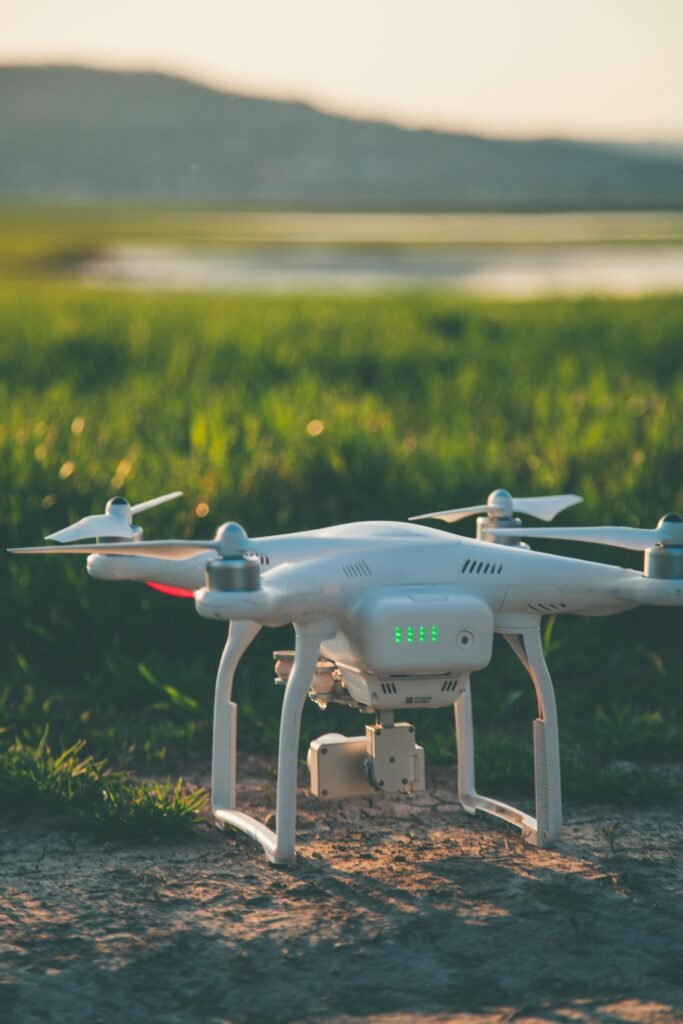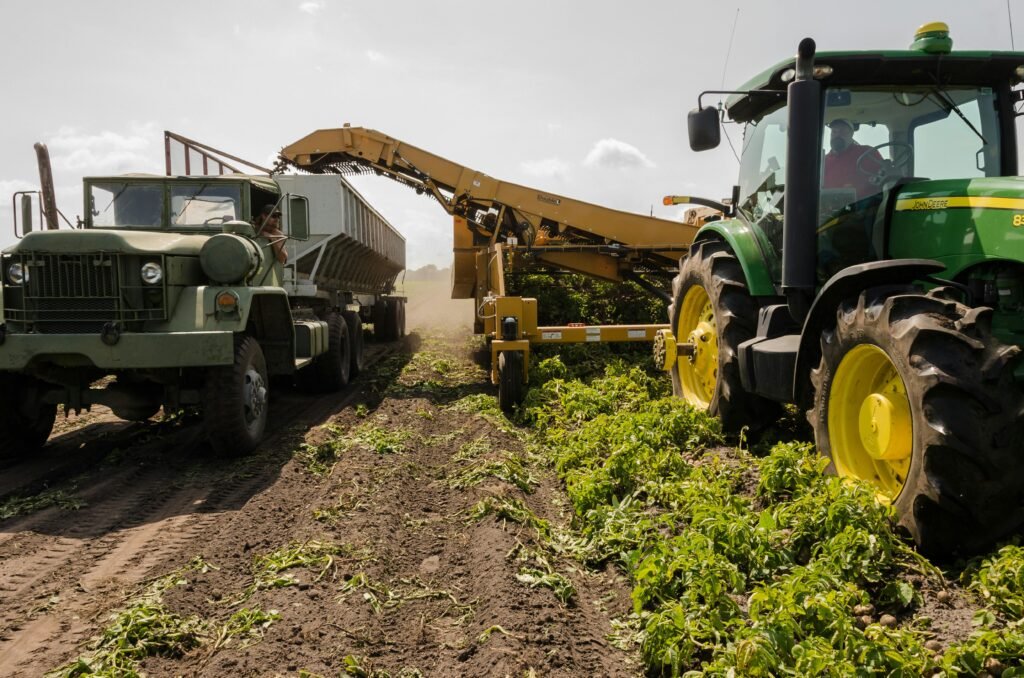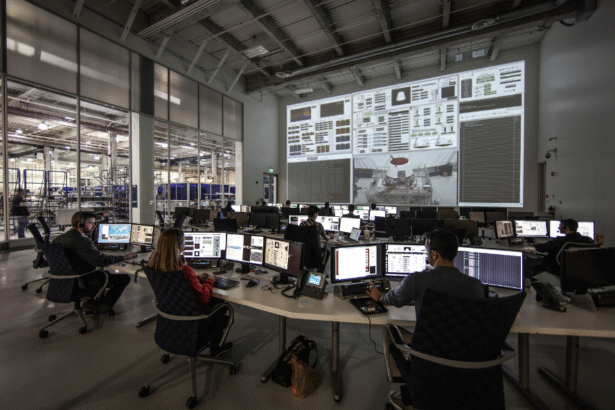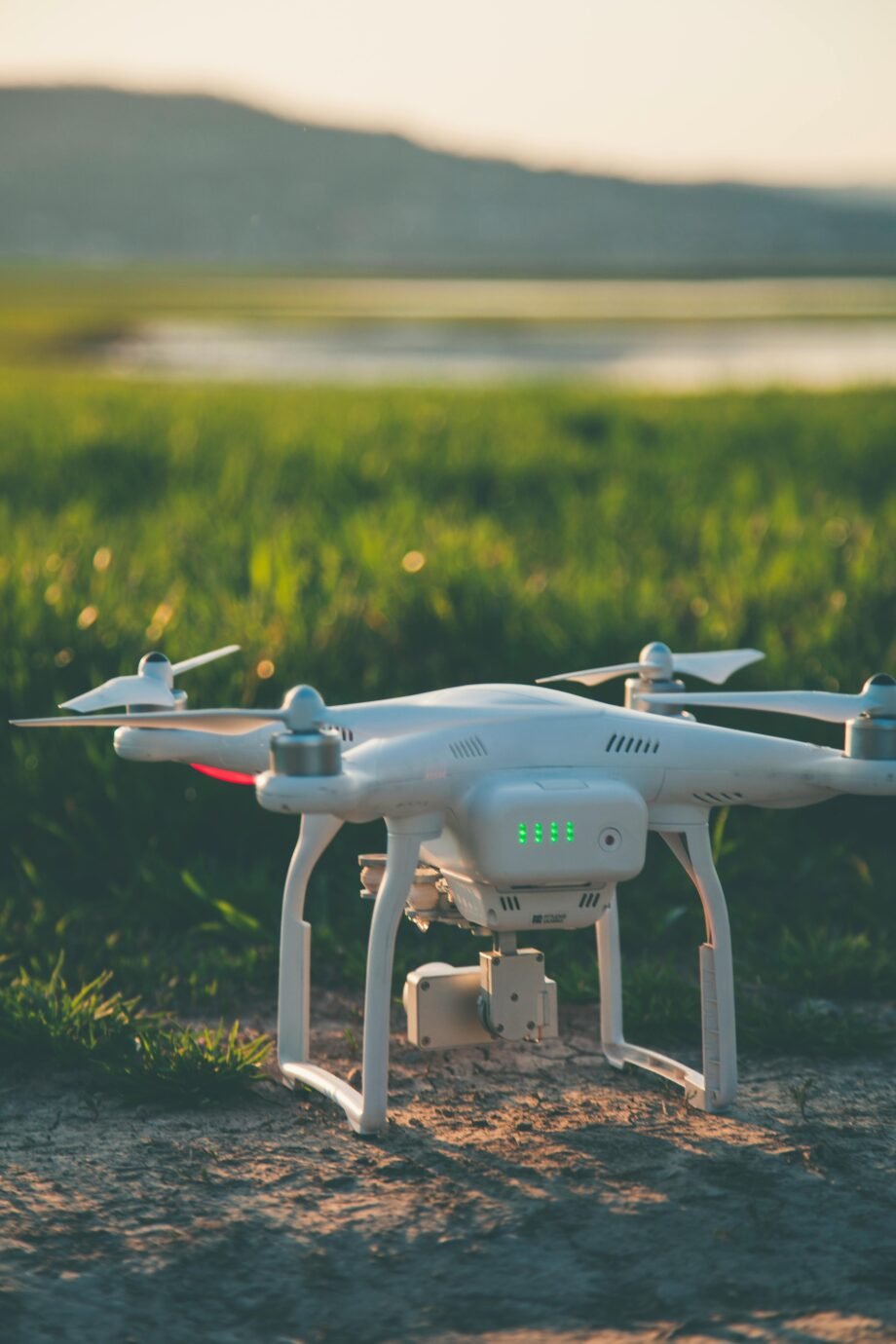Agriculture, the foundation of human civilization, is undergoing a profound transformation. Faced with increasing global populations, climate change, and resource scarcity, traditional farming methods are being challenged. Green technology in agriculture is emerging as a powerful force, offering innovative solutions to enhance productivity, minimize environmental impact, and build a more sustainable food system. From precision farming to renewable energy integration, green technology for farming is not just a trend but a necessity for the future.
The Rise of Smart Agriculture
At the forefront of this revolution is smart agriculture, also known as precision agriculture. This approach leverages data, connectivity, and automation to optimize every aspect of the farming process:
- GPS-Guided Machinery: Tractors and other equipment equipped with GPS can precisely plant seeds, apply fertilizers, and harvest crops, minimizing waste and maximizing yields.
- Sensor Networks: Soil sensors, weather stations, and drone-mounted cameras provide real-time data on soil moisture, nutrient levels, crop health, and pest infestations. This allows for targeted interventions, reducing the need for broad-spectrum applications of water, fertilizers, and pesticides.
- Data Analytics and AI: Sophisticated algorithms analyze the vast amounts of data collected by sensors and machinery to provide insights into optimal planting times, irrigation schedules, and harvesting strategies. Artificial intelligence can even predict potential problems before they arise, allowing farmers to take preventative measures.
- Automated Systems: Robotic harvesters, automated irrigation systems, and drone-based crop monitoring reduce labor costs and improve efficiency.

Green Technology in Agriculture: Key Innovations
Beyond smart farming, several other green technologies are transforming agriculture:
- Vertical Farming: Growing crops in stacked layers indoors, often in urban environments, minimizes land use, reduces water consumption, and eliminates the need for pesticides.
- Hydroponics and Aeroponics: These soilless farming techniques deliver nutrients directly to plant roots, significantly reducing water usage and increasing yields.
- Renewable Energy Integration: Farms are increasingly adopting solar panels and Vestas wind turbines to power their operations, reducing their reliance on fossil fuels and lowering their carbon footprint.
- Sustainable Packaging: Biodegradable and compostable packaging materials are replacing traditional plastics, reducing waste and minimizing environmental impact.
- Biopesticides and Biofertilizers: These natural alternatives to synthetic chemicals are less harmful to the environment and human health.
- Water Management Technologies: Efficient irrigation systems, rainwater harvesting, and water recycling techniques are crucial for conserving water resources, especially in water-stressed regions. GreatWhite Electricals, “Smart Homes: Energy Savings & Sustainability Explained”

The Benefits of Green Agriculture
The adoption of green technology in agriculture offers a multitude of benefits:
- Increased Productivity: Smart farming techniques and optimized resource management lead to higher crop yields and more efficient use of land.
- Reduced Environmental Impact: Green technologies minimize the use of water, fertilizers, and pesticides, reducing pollution and conserving natural resources.
- Lower Greenhouse Gas Emissions: Renewable energy integration and reduced reliance on fossil fuels help to mitigate climate change.
- Improved Food Security: Sustainable farming practices ensure a more stable and resilient food supply for a growing global population.
- Enhanced Profitability: While initial investments in green technology may be higher, the long-term cost savings from reduced resource consumption and increased yields can significantly improve farm profitability.
- Healthier Food: Reduced use of pesticides and synthetic fertilizers results in healthier and safer food for consumers.
Exploring Green Agriculture Solutions and Purchasing Agriculture Green Tech
For farmers looking to explore green agriculture solutions and purchase agriculture green tech, several resources are available:
- Government Incentives and Subsidies: Many governments offer financial assistance to farmers who adopt sustainable practices and invest in green technologies.
- Agricultural Technology Companies: Numerous companies specialize in developing and selling agricultural technology, including precision farming equipment, sensor networks, and renewable energy solutions.
- Agricultural Extension Services: These services provide farmers with expert advice and training on sustainable farming practices and green technologies.
- Online Resources and Trade Shows: Websites and agricultural trade shows offer valuable information and networking opportunities for farmers interested in green agriculture.
The Future of Green Agriculture
The future of agriculture is undeniably green. As technology continues to advance, we can expect even more innovative solutions to emerge:
- AI-Powered Farming: Artificial intelligence will play an increasingly important role in optimizing every aspect of the farming process, from planting to harvesting.
- Robotics and Automation: Robots will perform a wider range of tasks, further reducing labor costs and improving efficiency.
- Biotechnology: Advances in genetic engineering and other biotechnologies will lead to more resilient and productive crops.
- Sustainable India Green Energy: India is rapidly expanding its renewable energy capacity, which will further support the adoption of green technologies in its agricultural sector.
Image 3: [A futuristic image of a farm with advanced green technologies: robots harvesting crops, drones monitoring fields, and a farmer using a holographic display to manage the farm's operations. The image should convey a sense of efficiency, sustainability, and technological advancement.]
Agricultural technology is revolutionizing how we produce food, offering a path towards a more sustainable and secure future. By embracing green technology, farmers can not only enhance their productivity and profitability but also contribute to a healthier planet for generations to come.
Want to Explore More?
Read our latest piece: Green Technologies of the Future: Which Developments Will Save the World?.
Comment below: What’s your take on the environmental cost of green tech?
Tag us on social media using #GreenTechRealityCheck
nature.com+7thenevadaindependent.com+7lithiumharvest.com+7
Have questions or thoughts? Comment below and let us know what more you’d like to learn about green technology—we’d love to hear from you!







